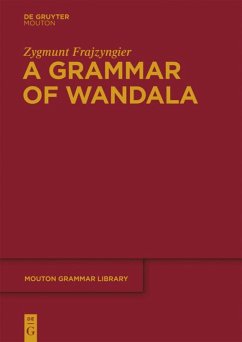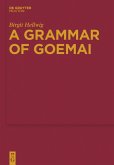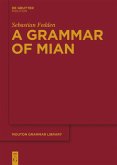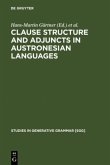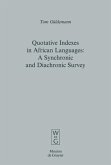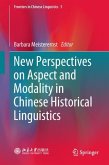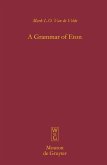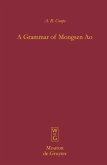Wandala is a hitherto undescribed Central Chadic language spoken in Northern Cameroon and Northeastern Nigeria. The Grammar of Wandala describes, in a non-aprioristic approach, phonology, morphology, syntax, and all functional domains grammaticalized in the language. The grammatical structure of Wandala is quite different from the structure of other Chadic languages described thus far in both the formal means and the functions that have been grammaticalized. The grammar provides proofs for the postulated hypotheses concerning forms and functions. The grammar is written in a style accessible to linguists working within different theoretical frameworks.
The phonology is characterized by a rich consonantal system, a three vowel system, and a two tone system. The language has abundant vowel insertion rules and a vowel harmony system. Vowel deletion marks phrase-internal position, and vowel-insertion marks phrase-final position. The two rules allow the parsing of the clause into constituents. The language has three types of reduplication of verbs, two of which code aspectual and modal distinctions. The negative paradigms of verbs differ from affirmative paradigms in the coding of subject.
The pronominal affixes and extensive system of verbal extensions code the grammatical and semantic relations within the clause. Wandala has unusual clausal structure, in that in a pragmatically neutral verbal clause, there is only one nominal argument, either the subject or the object. These arguments can follow a variety of constituents. The grammatical role of that argument is coded by inflectional markers on the verb and most interestingly, on whatever lexical or grammatical morpheme precedes the constituent. The markers of grammatical relations added to verbs are different for different classes of verbs.
The phonology is characterized by a rich consonantal system, a three vowel system, and a two tone system. The language has abundant vowel insertion rules and a vowel harmony system. Vowel deletion marks phrase-internal position, and vowel-insertion marks phrase-final position. The two rules allow the parsing of the clause into constituents. The language has three types of reduplication of verbs, two of which code aspectual and modal distinctions. The negative paradigms of verbs differ from affirmative paradigms in the coding of subject.
The pronominal affixes and extensive system of verbal extensions code the grammatical and semantic relations within the clause. Wandala has unusual clausal structure, in that in a pragmatically neutral verbal clause, there is only one nominal argument, either the subject or the object. These arguments can follow a variety of constituents. The grammatical role of that argument is coded by inflectional markers on the verb and most interestingly, on whatever lexical or grammatical morpheme precedes the constituent. The markers of grammatical relations added to verbs are different for different classes of verbs.

